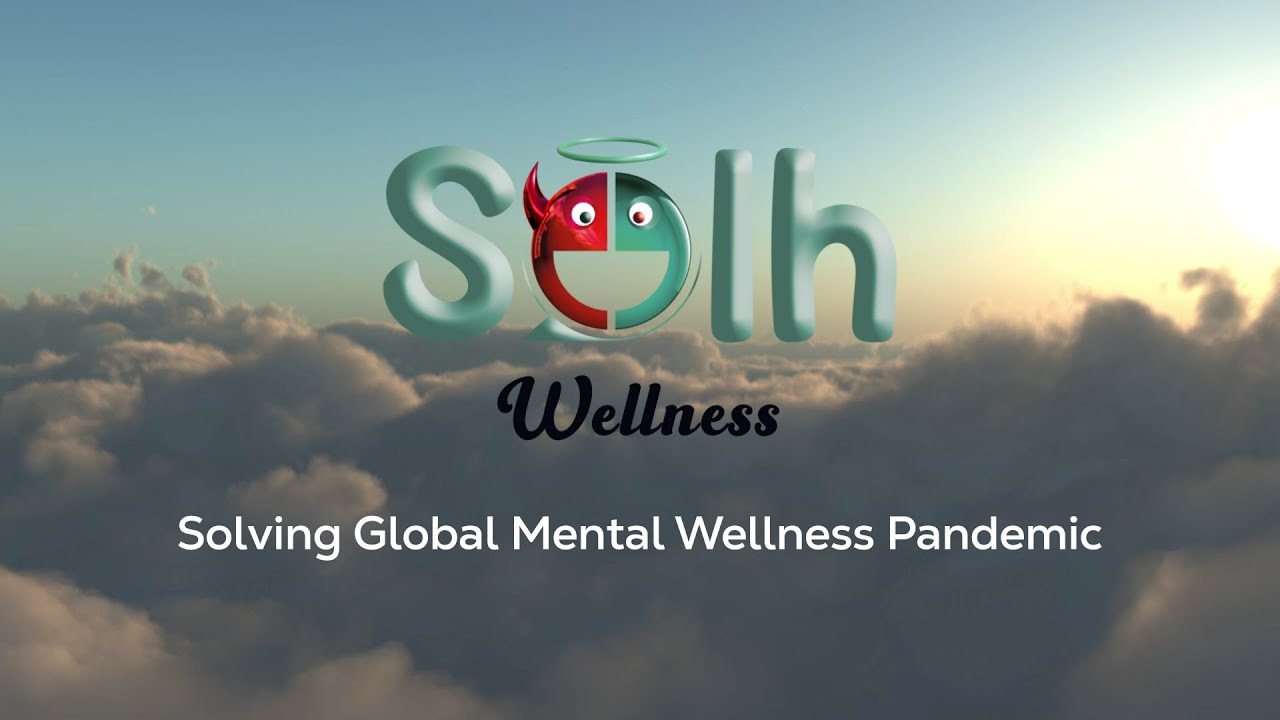
Follow WOWNEWS 24x7 on:

The landscape of mental health care is undergoing a transformative evolution thanks to AI-driven platforms like Solh Wellness, which leverage advanced technology to analyze stress through facial cues and voice patterns. This innovative approach is reshaping personal therapy, making it more precise, accessible, and responsive to individual emotional states in real time.
Key Highlights of AI-Driven Stress Detection and Therapy:
Multimodal Stress Analysis: AI tools now interpret micro-expressions, facial muscle tension, vocal tone, pitch, and speech patterns to detect subtle signs of stress before individuals consciously recognize them.
Real-Time Monitoring: Continuous assessment of biometric signals enables early detection of emotional spikes, allowing timely intervention and support to manage stress effectively.
Personalized Emotional Mapping: AI systems create individualized profiles tracking when, why, and how often stress occurs, uncovering hidden triggers such as specific times, events, or interactions.
Immediate Micro-Interventions: Platforms offer quick, evidence-based exercises and coping strategies, such as guided breathing or mindfulness prompts, to help users regulate their emotions during high-stress moments.
24/7 Human and AI Support: Users can access qualified psychologists anytime via digital channels alongside AI coaching, ensuring a comprehensive support system for mental wellbeing.
Workplace Applications: Organizations benefit from AI dashboards that monitor employee stress trends, helping leaders foster healthier work environments and prevent burnout.
Integration with Holistic Recovery: Structured, stigma-free programs blend AI insights with traditional therapies to support long-term mental health recovery and resilience building.
How AI Translates Stress Signals into Therapy:
Platforms like Solh Wellness employ sophisticated artificial intelligence frameworks that analyze multiple biometric inputs—facial micro-expressions (such as furrowed brows and subtle tension lines), voice modulations, and breathing patterns—to compile a “stress fingerprint.” This biometric signature provides an unbiased, continuous measure of psychological strain that surpasses subjective self-reporting methods. By decoding these behavioral and physiological cues, AI acts as a silent sentinel, alerting users to early warning signs of stress, thus preventing emotional overload and crisis.
The AI-driven emotional maps track patterns over time, revealing insights individuals might overlook. For instance, stress may consistently spike before meetings, during certain conversations, or on specific days of the week. This knowledge enables both users and therapists to tailor interventions that align with personalized stress triggers and emotional states, enhancing therapy effectiveness.
Advancements Driving Personal Therapy Evolution:
Beyond detection, AI-powered platforms deliver immediate therapeutic support through micro-interventions—concise, scientifically supported exercises designed to calm and refocus users in moments of distress. These may include guided breathing, progressive muscle relaxation, or brief mindfulness activities accessible via mobile apps. Such on-demand tools bridge gaps between therapy sessions, fostering consistent emotional regulation and self-management.
Additionally, AI enhances therapy by providing therapists with rich data insights on patient progress and challenges, enabling more informed and targeted care. Automated notes, emotion analytics, and risk prioritization optimize clinical workflows, ensuring high-risk cases receive timely attention while increasing overall care accessibility.
Impact on Mental Health Care Industry:
The integration of AI in personal therapy is democratizing mental health support by overcoming barriers of time, location, and stigma. Especially for populations hesitant to seek traditional in-person therapy, AI platforms offer a private, stigma-free entry point. They cater to diverse needs with scalable, customizable tools accessible anytime and anywhere.
Organizations adopting such platforms report improved employee wellbeing, reduced absenteeism, and enhanced productivity. Governments and healthcare providers acknowledge AI-driven therapy's potential to address rising mental health burdens, investing in digital mental health infrastructure and policies promoting technology-enabled care.
Challenges and the Road Ahead:
While AI-powered mental health solutions present immense promise, challenges remain in ensuring ethical data use, algorithmic fairness, and privacy protection. Ongoing research focuses on improving AI’s cultural sensitivity, generalizability, and integration with human therapeutic relationships to maximize benefits without replacing human empathy.
Conclusion:
AI-driven platforms like Solh Wellness are pioneering a new era in personal therapy by translating facial cues and voice signals into actionable mental health insights. This technology empowers individuals with real-time emotional awareness, tailored interventions, and seamless access to professional support. As AI continues to blend with traditional therapy, mental health care is becoming more personalized, proactive, and approachable—shaping a future where mental wellbeing is prioritized through innovation and compassionate technology.
Source: Solh Wellness, Times of India, Life Planner
